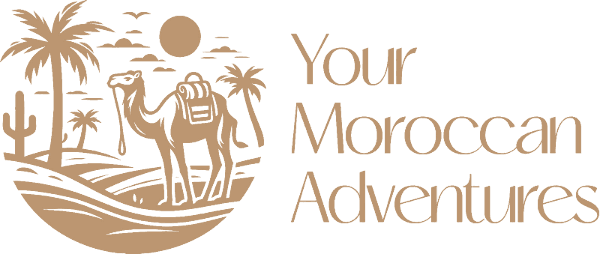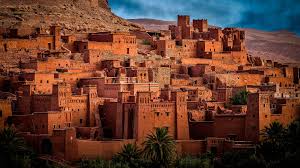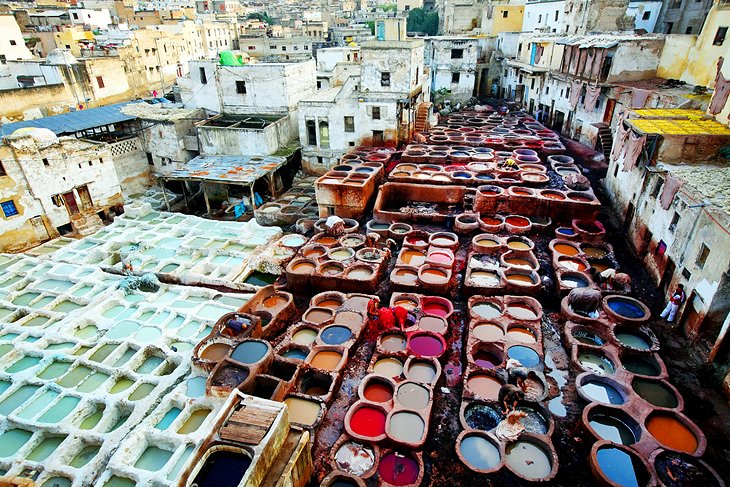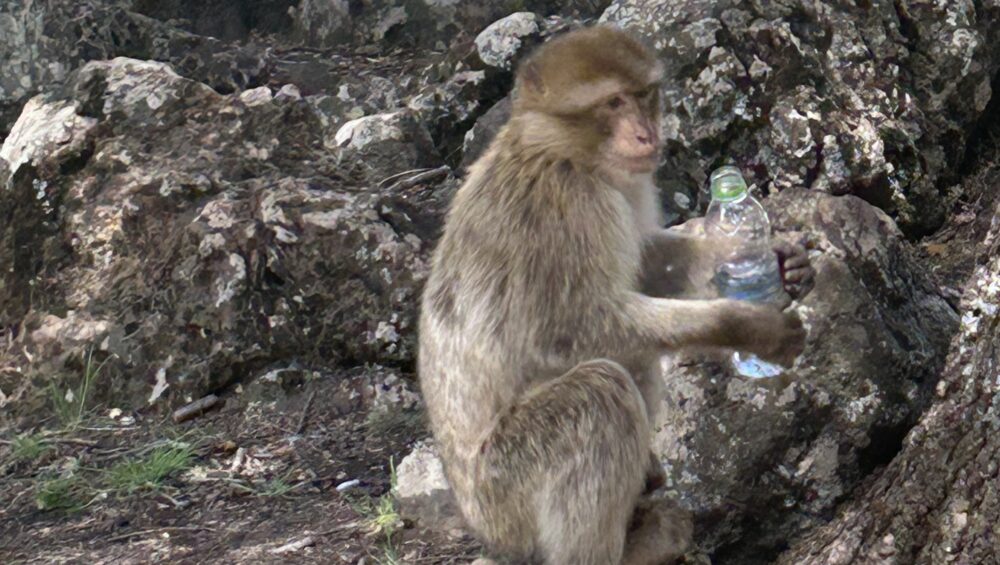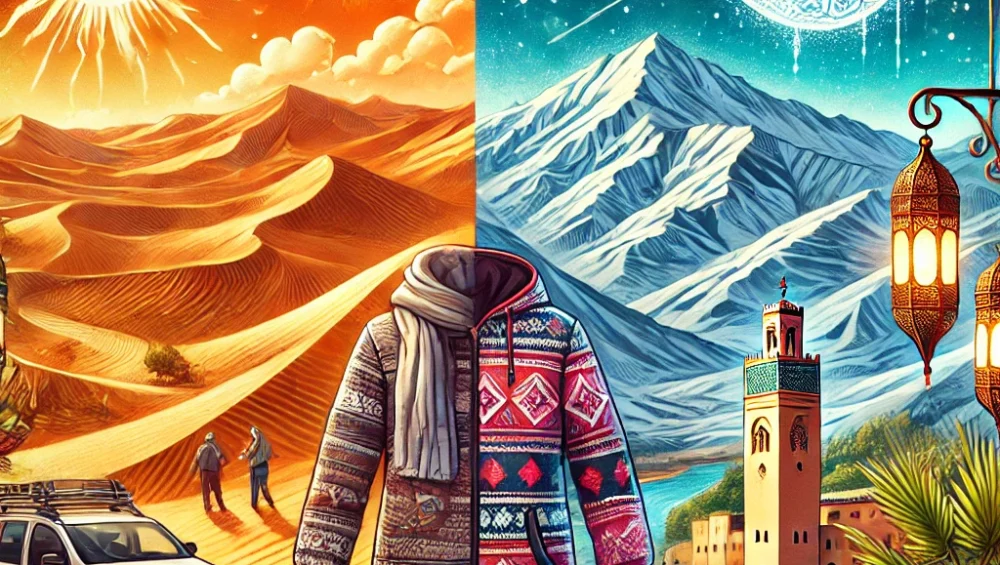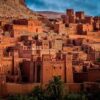What to Pack for an Unforgettable Trip to Morocco
Planning a trip to Morocco? Whether you’re exploring the bustling medinas of Marrakesh, trekking the majestic Atlas Mountains, or soaking in the beauty of the Sahara Desert, packing smart is key to a smooth and enjoyable experience. Here’s a comprehensive packing list to ensure you’re prepared for all Morocco has to offer.
1. Clothing Essentials
Morocco’s climate varies by region and season, so pack with versatility in mind.
- Lightweight, breathable clothing: Ideal for the hot days in the desert and cities. Opt for loose-fitting shirts, dresses, and pants made of cotton or linen.
- Layered outfits: The evenings can get chilly, especially in the desert or mountain regions, so pack a light jacket or fleece.
- Comfortable walking shoes: Essential for wandering through ancient medinas, climbing dunes, or hiking trails. Sneakers or sturdy sandals work well.
- Modest attire: Morocco is a predominantly Muslim country. For women, carrying a scarf for covering shoulders or hair when visiting religious sites is respectful. Men should also avoid overly revealing clothing.
- Swimsuit: If you’re staying at a riad with a pool or planning a trip to the beach in Essaouira or Agadir.
2. Travel Gear
- Daypack: Perfect for day trips or excursions, keeping essentials like water, snacks, and your camera close by.
- Refillable water bottle: Staying hydrated is a must, especially in hotter regions. Consider a bottle with a built-in filter for convenience.
- Sunglasses and hat: Protect yourself from the strong Moroccan sun.
- Travel-sized toiletries: While essentials like shampoo and soap are often available, it’s good to have your own stash.
- Quick-dry towel: Handy for beach trips or desert adventures.
3. Electronics and Accessories
- Universal power adapter: Morocco uses type C and E plugs (220V).
- Camera or smartphone: Capture the stunning landscapes and vibrant culture. Don’t forget spare batteries and memory cards!
- Portable charger: To keep your devices charged during long journeys.
- Headphones or earbuds: Great for entertainment during flights or long drives.
4. Health and Safety Items
- Sunscreen: The sun in Morocco can be intense, so pack high-SPF sunscreen.
- First-aid kit: Include essentials like plasters, pain relievers, and medication for upset stomachs (just in case you try too much street food!).
- Insect repellent: Useful, especially if you’re heading to rural or coastal areas.
5. Miscellaneous Must-Haves
- Cash and credit cards: Moroccan dirhams are the local currency, and many shops and vendors prefer cash. Have small bills for easier transactions.
- Travel guide or app: To help navigate Morocco’s rich history, landmarks, and hidden gems.
- Snacks: While Moroccan food is incredible, it’s always good to have a few energy bars or trail mixes for the road.
- Notebook or journal: For documenting your adventures and memories.
Optional Items
- Small gifts or trinkets: If you’re invited to someone’s home, it’s customary to bring a small token of appreciation.
- Scarf or shawl: Not only a practical accessory but also a way to blend in and respect local customs.
- Reusable shopping bag: Handy for buying souvenirs or fresh produce from the markets.
Packing for the Season
- Spring (March-May) and Fall (September-November): Pack layers for cooler mornings and evenings with lightweight clothing for daytime.
- Summer (June-August): Focus on light, breathable clothing and stay hydrated.
- Winter (December-February): Bring a warm jacket if visiting the mountains or desert, as nights can be very cold.
Ready to Pack Your Bags for Morocco?
With this packing list, you’re now ready to experience the vibrant colors, rich history, and breathtaking landscapes of Morocco with ease. But why stop at packing? Let us help you create the perfect itinerary tailored to your preferences and ensure your trip is as magical as it can be.
Contact us at YourMoroccan Adventures to plan your dream trip! Whether it’s a desert tour, a coastal escape, or a cultural deep dive, we’re here to make it unforgettable.
👉 Book your journey today and let the adventure begin!
